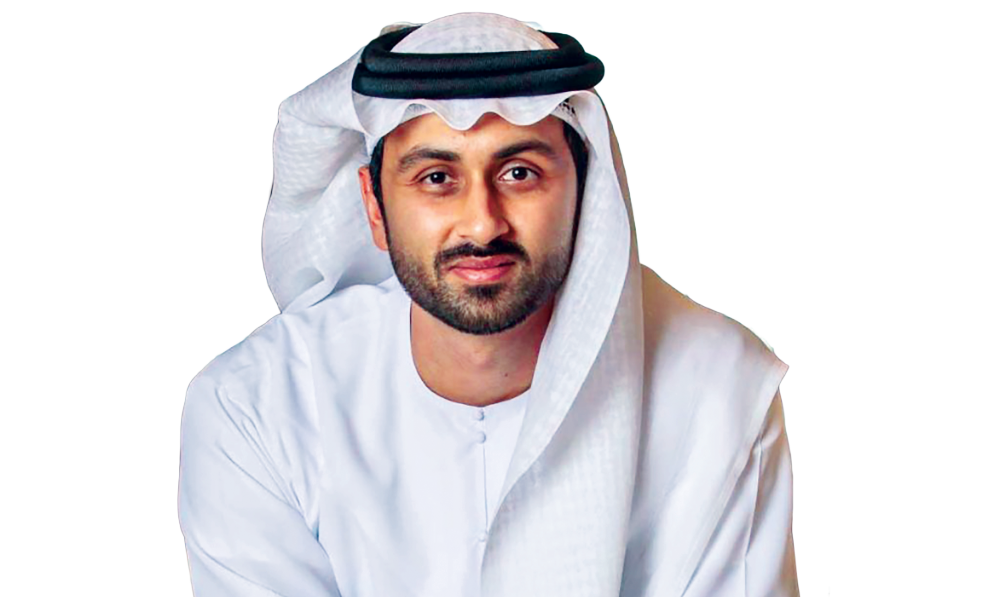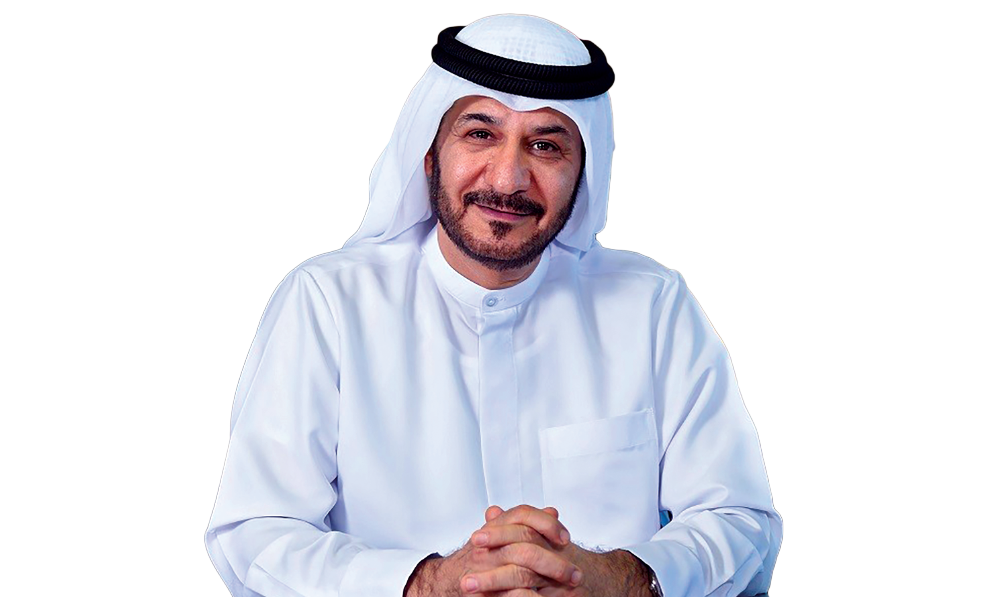DUBAI: Top Dubai-based companies are racing against time to build metaverse or immersive virtual worlds to bolster their sales prospects and disrupt customer experiences in their respective industries.
Realty major Damac has invested up to AED367 million ($100 million) to develop and monetize a metaverse that could allow potential customers to check into their luxury properties virtually, choose an apartment, explore furniture options and toy with the paraphernalia on offer.
Called D-Labs, the metaverse platform will create digital replicas of their top projects, including Damac Hills, Damac Lagoons, Safa by De Grisogono, and Cavalli Tower in Dubai. It will also host other notable projects such as Damac Tower Nine Elms in London and the upcoming Cavalli Residences in Miami.
So, how does this work? First, a potential customer in any part of the world can meet up with the sales agent of Damac Properties inside the metaverse instead of connecting over a Zoom call. Then, inside the metaverse, the prospect can tour the apartment and pay for the unit during the checkout.
“We sell around AED100 million monthly over Zoom calls without any immersive technology. With the metaverse, we can sell AED700-800 million a month to any customers in California, New York or Miami,” Ali Sajwani, general manager of operations at Damac and CEO of D-Labs, told Arab News.
The company, which has been annually clocking a business of $5 billion in real estate, expects to rake in $6.5 billion a year using the metaverse, added Sajwani.

We sell around AED100 million monthly over Zoom calls without any immersive technology. With the metaverse, we can sell AED700-800 million a month to any customers in California, New York or Miami.
Ali Sajwani, general manager of operations at Damac
Potential to disrupt
Metaverse owes much of its success to its disruptive nature that displaces traditional ways of looking at a category and creates a new business model. Gone are the days when real estate buyers would close deals based on brochures and project plans.
Instead, they are not only engaging in real-time with the property, but they now have the option to shop for things during their virtual tours. In the case of D-Labs, customers could also pick a host of non-fungible tokens or scarce digital objects on offer and sell them for a better price on a future date. The company, for instance, will soon be offering a variety of NFTs, including digital wearables and jewelry.
“The idea is you own your real estate and virtual assets. As part of our De Grisogono relaunch, we will also be offering digital jewelry. However, the goal is to convert that customer into an owner of real assets, not just digital ones,” Sajwani said.
According to management consulting firm McKinsey & Co., more than $120 billion have been globally invested in building metaverse technology and infrastructure in the first five months of 2022. That’s more than double the $57 billion invested in 2021.
The company recently surveyed more than 3,400 consumers worldwide and found two-thirds are excited about transitioning everyday activities to the metaverse, especially when it comes to connecting with people, exploring virtual worlds, and collaborating with remote colleagues.
“Our bottom-up view of consumer and enterprise use cases suggests it (metaverse) could generate up to $5 trillion in impact by 2030,” said Eric Hazan, senior partner of McKinsey in the study.
Strategy in motion
To make this groundbreaking concept a reality, Dubai ruler Sheikh Mohammed bin Rashid Al-Maktoum recently announced the Dubai Metaverse Strategy, which aims to increase the contribution of the metaverse sector to the emirate’s economy to $4 billion by 2030.
Given the government’s proactive role, companies are now looking at ways to develop metaverse platforms that could launch pilot activities, study consumer behavior, learn from the real-time interactions and nurture the business model.
Emirates Airline, another early adopter of the metaverse, also announced that it would soon offer a slice of immersive technology, where the customer could virtually relish the travel experience aboard the premium airline.
“These projects will allow customers to transform their entire processes, whether it’s a business operation, training, or sales force, into an interactive experience in the metaverse,” said Emirates Chief Operating Officer Adel Ahmed Al-Redha during a press roundtable.

These projects will allow customers to transform their entire processes, whether it’s a business operation, training, or sales force, into an interactive experience in the metaverse.
Adel Ahmed Al-Redha, Emirates chief operating officer
As part of its metaverse offerings, the customer can tour the aircraft and experience economy, business, and first class, besides selecting their seats and the food and beverage of their choice.
“The customers can also tour the airport, do their duty-free shopping and buy their items while sitting at home, which can be delivered to them at home or in the aircraft,” he added.
It wasn’t a new idea for Emirates to digitize. Still, they did not have the technology to do so and are currently cooperating with different technology companies “to ensure we get the right thing,” Al-Redha said.
Al-Redha is among the league of forward-looking business executives reaping the fruits of the first-mover advantage. It will be interesting to see how they use this fresh produce technology to disrupt their business models and create newer avatars of consumer engagement.













